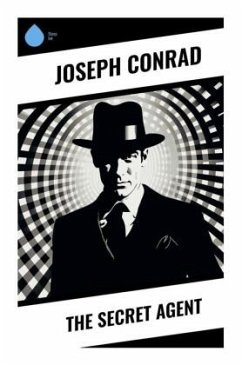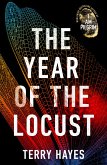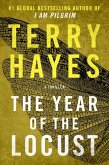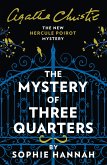Joseph Conrad's "The Secret Agent" is a profound exploration of espionage, political intrigue, and the moral vacuity that underpins human motivations. Set against the backdrop of late 19th-century London, the novel stylistically employs rich symbolism and intricate characterizations to delve into the psyche of its protagonist, Mr. Verloc, a secret agent who becomes embroiled in a terrorist plot. Conrad's narrative intricately weaves the personal and political, reflecting the tumultuous socio-political landscape of the era, including the rise of anarchism and the shadowy world of espionage, thereby situating the work in the broader context of modernist literature. Conrad, a Polish émigré who faced the complexities of identity and migration, experienced firsthand the political upheavals in Europe, which deeply influenced his writing. His maritime background and extensive travels informed his keen observations of human nature and societal tensions, enabling him to craft a narrative that is both a scrutinizing social commentary and a gripping psychological drama. "The Secret Agent" encapsulates Conrad's interests in betrayal, duplicity, and the often destructive interplay between personal ambition and political ideology. This novel is highly recommended for readers seeking a multifaceted examination of the darker aspects of human ambition and international politics. Conrad's masterful prose and ability to evoke a sense of existential dread resonate strongly with contemporary issues of terrorism and statecraft, making "The Secret Agent" not only timeless but also painfully relevant, prompting readers to reflect on the moral dimensions of their own choices.
Bitte wählen Sie Ihr Anliegen aus.
Rechnungen
Retourenschein anfordern
Bestellstatus
Storno








